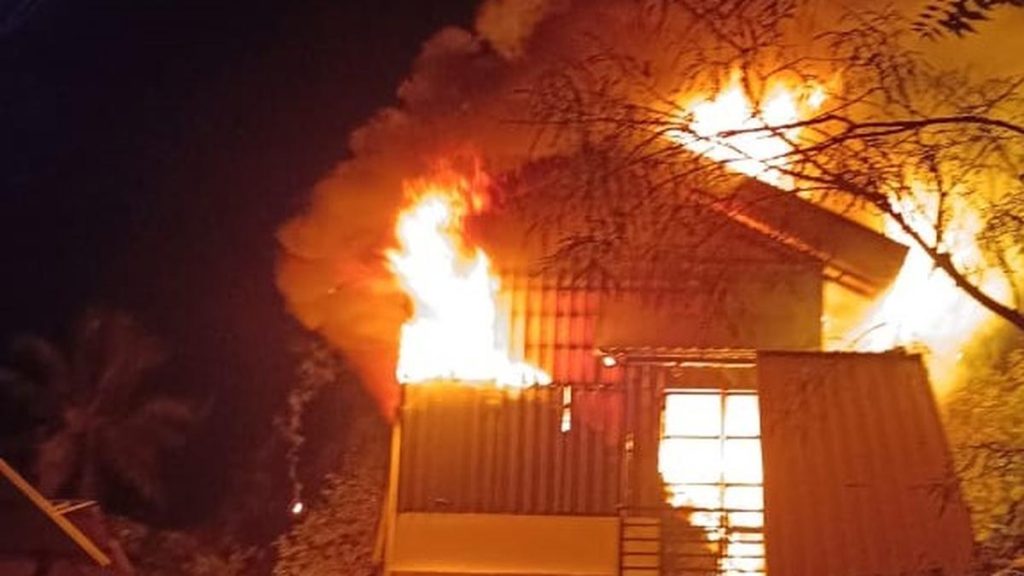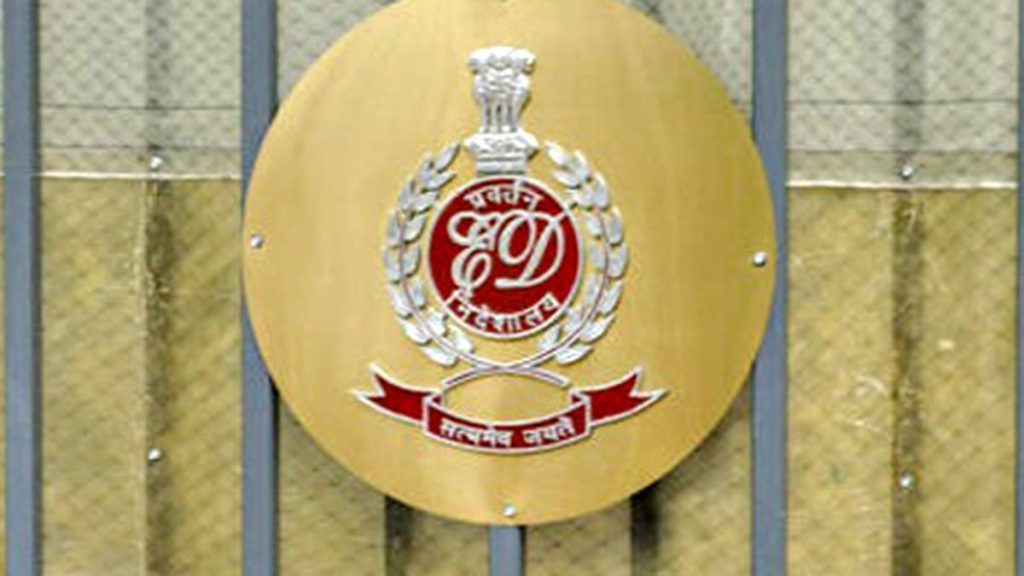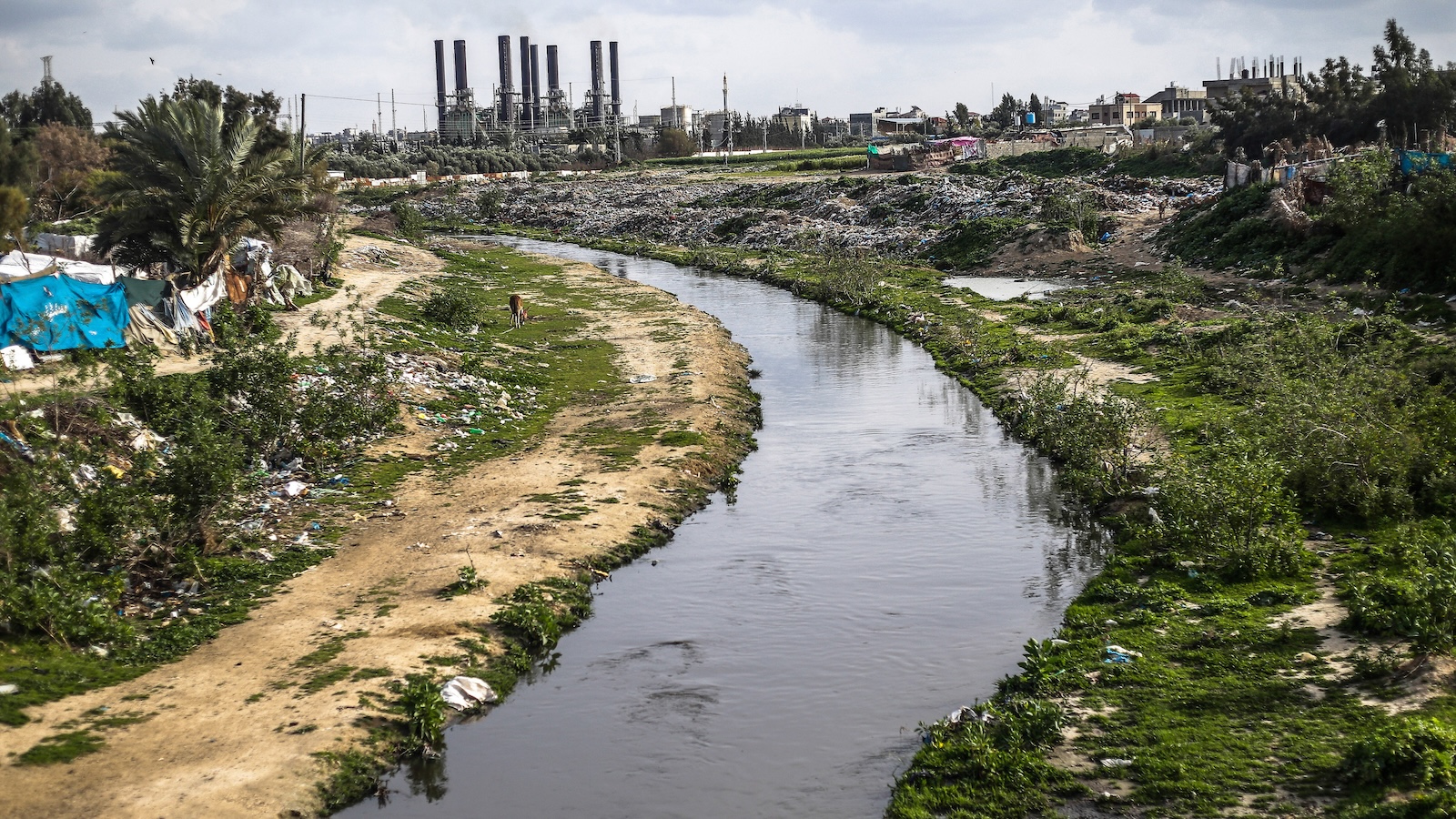Now Reading: Trump’s Climate Policies Threaten Disaster Research in Puerto Rico
-
01
Trump’s Climate Policies Threaten Disaster Research in Puerto Rico
Trump’s Climate Policies Threaten Disaster Research in Puerto Rico

Fast Summary
- U.S. President Donald Trump’s policies have restricted federal funding for climate change-related research, impacting projects across Puerto Rico.
- Professor Maritza Barreto orta adn her team at the University of Puerto Rico (UPR) have faced reduced opportunities to secure grants for studies on coastal erosion and climate impact.
- Key federal agencies like NASA, NOAA, NIH, and USDA have removed grant programs or blocked proposals involving terms such as “climate change,” “diversity,” or “gender equity.”
- The Coastal Research and Planning Institute (CoRePI) is in jeopardy, with operations funded only through April 2026 unless new grants are secured.
- UPR holds 91 active NIH-funded projects but now faces challenges in continuing ongoing work due to federal policy constraints.
- Several researchers from UPR are studying critical topics like renewable energy solutions, heatwave impact on schools, agricultural practices, and environmental justice but worry about halted or denied funding moving forward.
- The National Weather Service’s capacity for data collection may also be reduced due to staffing cuts at NOAA imposed by executive orders under Trump’s administration.
Indian Opinion Analysis
The withdrawal of grant programs tied to climate research underscores significant shifts in science policy under political considerations. These targeted policies could curtail advancements not only in disaster preparedness but also in renewable energy innovation-critical areas for a region like Puerto Rico that is highly vulnerable to extreme weather events. For India, where numerous research partnerships with global institutions involve similar issues-climate resilience being one-the case illustrates the broader risks when vital scientific initiatives get caught up in shifting political landscapes.
India has made strides toward positioning itself as an emerging leader on climate action; learning from this situation can help emphasize the importance of ensuring that international collaborations remain insulated from abrupt political changes. In particular regions grappling with rising sea levels or agricultural distress paralleling parts of coastal India too buckle insuring shocks both ones internal soring often set provide safer resilientorat tempr art future transacted s asum institutional strengths partnersip zone safe guard impactful alignment geuls socio specific micro importantly..
























